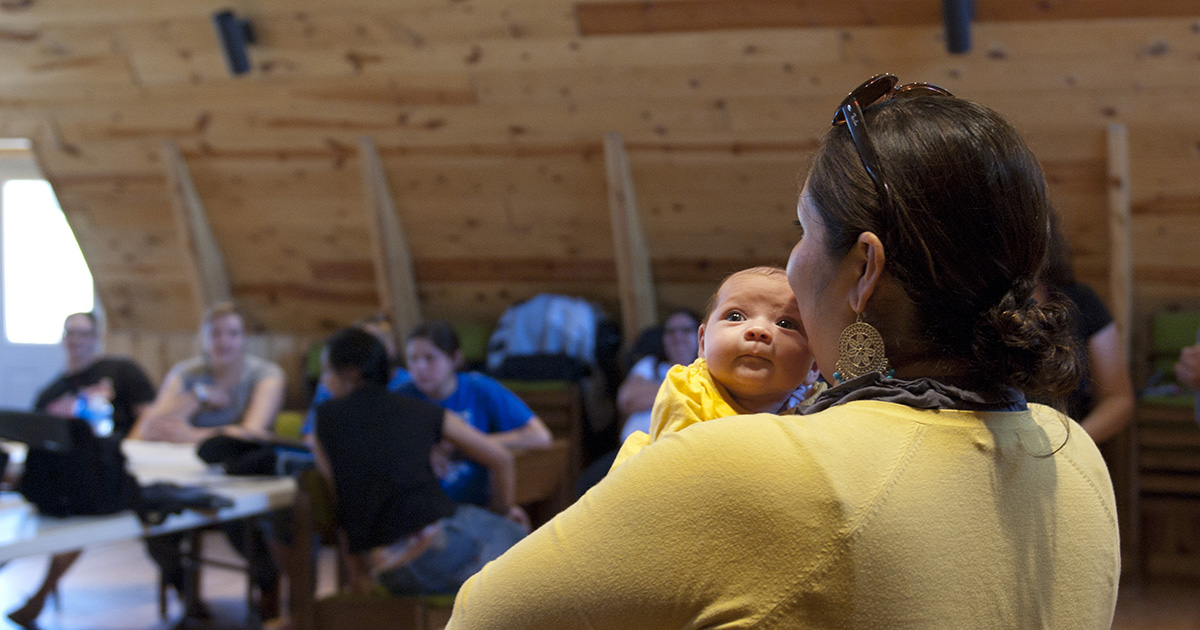The Mother and Infant Home Visiting Program Evaluation, Long-Term Follow-Up

Overview
A small body of research has found that families who participated in a home visiting program when their children were young may continue to benefit through their children’s adolescence. Therefore, a long-term follow-up study is being planned for families in the Mother and Infant Home Visiting Program Evaluation (MIHOPE). MIHOPE is examining how home visiting programs funded by the Maternal, Infant, and Early Childhood Home Visiting program (MIECHV) affect outcomes for children and families.
In 2017, MDRC and its partners will develop design options for conducting long-term follow-up of the MIHOPE families. A final design report is expected to be released in early 2018.
Additional Project Details
Agenda, Scope, and Goals
This phase of the long-term follow-up to the Mother and Infant Home Visiting Program Evaluation (MIHOPE) has two primary aims:
-
To develop design options for conducting long-term follow-up with the MIHOPE families. Work on the study design will proceed throughout 2017, with the team considering timing, sample, and data sources. The team will contact key stakeholders over the course of the year to solicit their input on the study design.
- To pilot data collection for a first follow-up with a subsample of MIHOPE families. This portion of the study will proceed once a study design has been chosen in early 2018.
Design, Sites, and Data Sources
The study will take advantage of MIHOPE’s experimental design, which randomly assigned over 4,000 families in 12 states nationwide. Each of the 88 sites in the study operates one of four evidence-based home visiting program models: (1) Early Head Start—Home-Based Option, (2) Healthy Families America, (3) Nurse-Family Partnership, and (4) Parents as Teachers.
The data sources will be determined during the design phase of the project.






